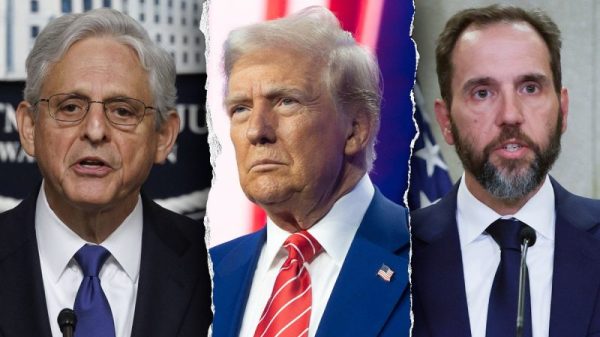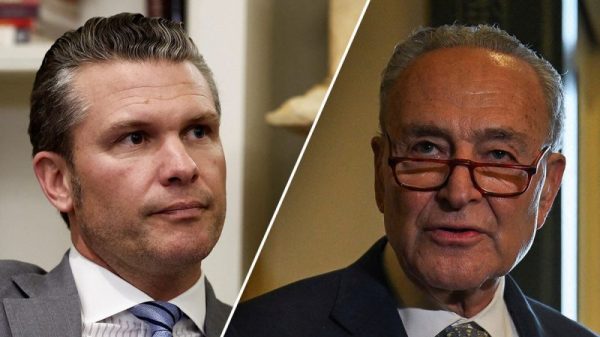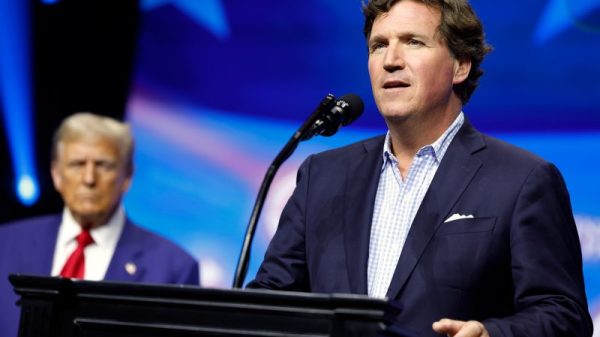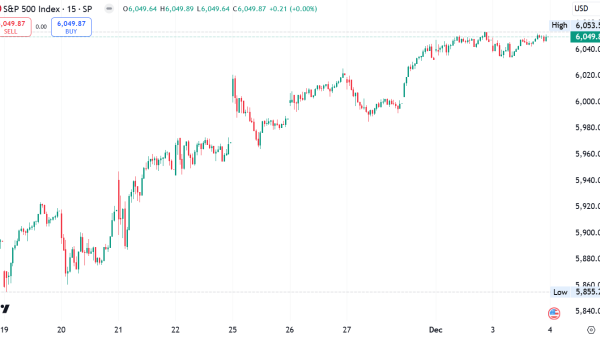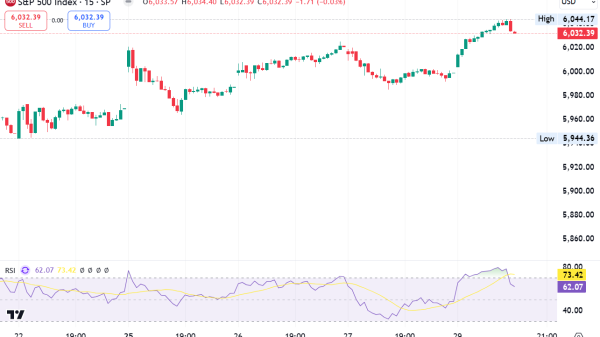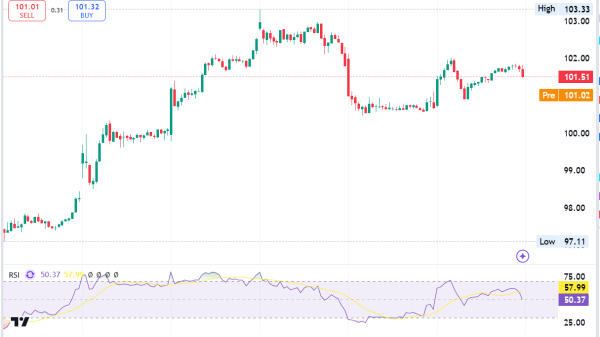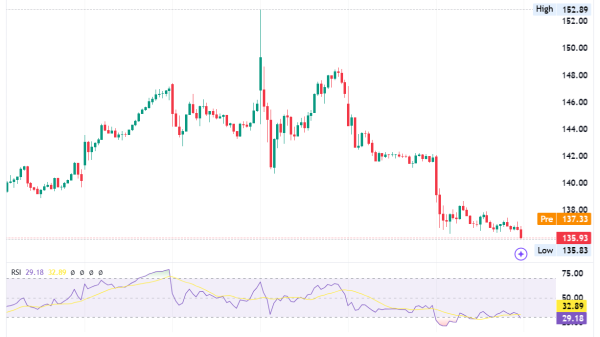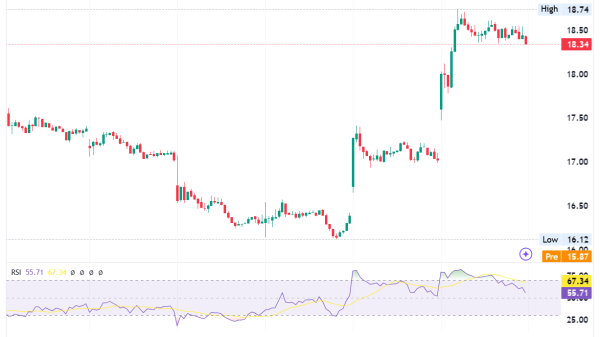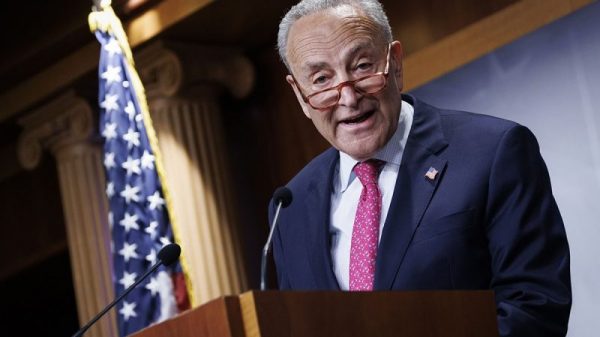The Federal Trade Commission (FTC), under Chairwoman Lina Khan, shows no signs of relenting in its global campaign to suppress American tech companies in favor of their international competitors. The FTC’s radical policies, which include colluding with foreign governments to impose harsh regulations and penalties on American businesses, have considerable detrimental impacts on U.S. economic and national security.
Recently, Khan defended the FTC’s policies by citing various federal regulatory actions in past decades. In short, she asserts that because government intervention worked then, it must be the right answer now. However, there is a glaring problem with this thinking; the test cases Khan relies upon are from a pre-digital world and ignore the fact that digital technology innovation is an outlier among other competitive industries.
Khan rightly recognizes innovation as the key factor that propels America’s economic competitiveness that must be protected. But innovation is not being trampled on by leading American businesses, it is being trampled on by Khan’s FTC.
For starters, it is outrageously inappropriate for the FTC to use American taxpayer dollars to send its employees on a trip to Europe to help the European Union implement EU legislation that disproportionately targets American tech companies, and by extension, American jobs and economic activity.
Furthermore, Khan attempts to discredit American tech companies by claiming that large companies only ‘deliver marginal innovations’ while breakthrough innovations more often come from outsiders.
This is a gross departure from reality for two reasons. Firstly, data shows that out of the top five companies in the world that spend the most on research and development, four of them are American tech companies that Khan’s FTC has targeted.
Second, Khan ignores the fact that tech leaders do not suppress innovation but instead help set and enforce safety and privacy standards for the entire digital ecosystem, which are critical for smaller firms to have a competitive chance. One such example is the app store model used by various tech companies which protects users from inadvertently downloading malicious malware onto their phones via third party apps.
Unsurprisingly, eager antitrust regulators have taken issue with these business practices as well, despite clear evidence that they have enabled smaller digital developers to thrive and give consumers more choices, and without them, private data and emerging software developers would face multiplying cyber threats.
Finally, Khan has failed to credibly address any of the national security concerns regarding the FTC’s actions. Instead, she has dismissed these concerns and suggested that the U.S. tech sector is not aligned with America’s geopolitical priorities, citing a red herring in which she claims enabling tech leaders would negatively impact supply chain resilience. Certainly, the U.S. has supply chain vulnerabilities that should be addressed, but the nature of these challenges is profoundly different for the digital economy.
Khan fails to recognize this and the role of the U.S. sector in supporting U.S. national security goals, especially in terms of security risks related to competition with the People’s Republic of China (PRC). American tech companies such as Google, Facebook and Amazon have taken the initiative to retreat from the PRC. They have been doing so for more than a decade considering the U.S.-China relationship has become increasingly characterized by strategic rivalry.
Khan’s comments also overlook Silicon Valley’s contributions to America’s geopolitical interests in Europe. Innovative tech firms like Google, Maxar Technologies, Palantir and Scale AI have strongly supported Ukraine in their fight against Russian aggression.
Their contributions range from countering cyber offensives and documenting war crimes to debunking Russian propaganda. Over-regulation could stifle innovation and the ability of the U.S. tech sector to contribute to American global interests, therefore harming U.S. security.
Khan rightly recognizes innovation as the key factor that propels America’s economic competitiveness that must be protected. But innovation is not being trampled on by leading American businesses, it is being trampled on by Khan’s FTC.
Under Khan, the FTC is also positioning itself to be the chief regulator of artificial intelligence (AI), overstepping the scope of its regulatory authority. AI will be a force multiplier and key driver of both economic and national security. It is also a critical domain for the strategic competition with China that Beijing has prioritized to exploit.
The FTC actions demonstrate a lack of understanding about the national security implications of over-regulating AI. Without national security competencies, the FTC’s regulatory approach to AI will likely harm U.S. AI providers, thereby allowing the PRC to catch up or, even worse, overtake the U.S. in the AI race. This would be detrimental to industries and economic sectors far beyond the tech innovation space and would put wider U.S. economic and national power at risk.
The FTC is supposed to be a force that ensures a fair, competitive and innovative market that protects consumers and America’s interests. Under Chairwoman Khan, the FTC has taken its authority to an extreme and focused its efforts on imposing interventionist government regulations without regard to the consequences to U.S. economic and national security. These policies are hamstringing tech innovation, eroding U.S. economic leadership and subverting America’s geopolitical interests.

